The implementation of new-generation Free Trade Agreements (FTAs) has contributed to creating a driving force for innovation and improving the competitiveness of Vietnamese goods and enterprises. However, the results of FTA implementation in recent years show that Vietnam still has a lot of room to exploit these markets more effectively.
However, according to experts, there is an obstacle for businesses in implementing FTAs because the human resources of experts implementing FTAs are still very limited, not really meeting the requirements of this work.
Implementation of FTAs is still limited in human resources.
At the seminar "Developing expert human resources, increasing the effectiveness of FTA implementation", organized by Industry and Trade Magazine on November 13, Ms. Nguyen Thi Lan Phuong, Deputy Head of WTO and FTA Department, Multilateral Trade Policy Department ( Ministry of Industry and Trade ) said that up to now, Vietnam has been implementing 15 FTAs, including 3 new generation FTAs (CPTPP, EVFTA and UKVFTA). These FTAs not only include traditional areas such as tariffs, but also non-traditional areas such as labor, environment, and intellectual property.
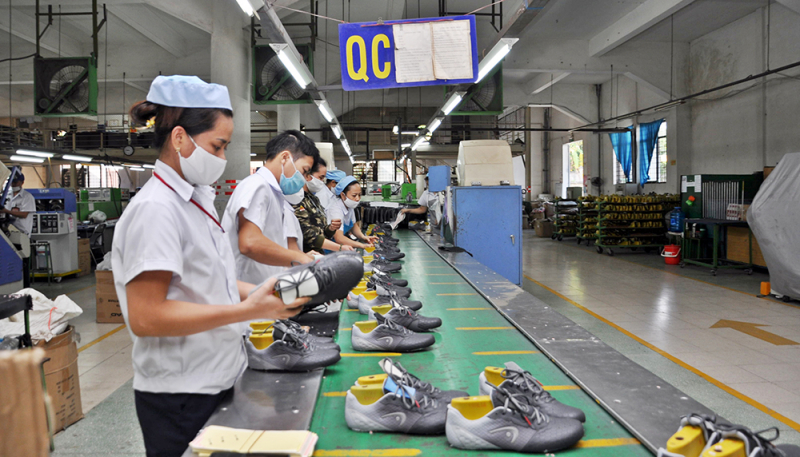
Therefore, the content of commitments of new generation FTAs is relatively complex, with many high standards, requiring a team of human resources who deeply understand and closely understand these commitments, to help local management agencies as well as enterprises to grasp and implement correctly and fully. Due to the lack and weakness of human resources, the rate of FTA utilization is still quite limited. For example, EVFTA has only reached 26% so far, even CPTPP is only at 5%. Obviously, these numbers are very low compared to the space and opportunities that FTAs bring.
Mr. Nguyen Cong Han, Deputy Director of the Department of Industry and Trade of Hai Phong, said that expert personnel are extremely important in supporting and guiding the implementation of FTAs for enterprises. Hai Phong pays great attention to training and maintaining human resources for international economic integration as well as implementing FTAs. Every year, the city regularly organizes knowledge training programs such as foreign integration, government procurement, e-commerce, rules of origin, customs, logistics and trade connection with international markets to improve the international integration capacity of the staff working on international integration. However, the number of staff directly performing the task of implementing FTAs is still very limited and the difficulty is that they hold multiple jobs.
From the business perspective, Ms. Le Thi Hang, Deputy General Director of Detech Coffee Joint Stock Company, said that the company also has difficulty finding experts to train the staff of the import-export department. In fact, in the process of working in the human resources department, it is only possible to grasp the expertise in implementing contracts, transactions, and consulting for customers. Therefore, the company hopes to find consultants from ministries, departments, and branches so that the company can update information on trade defense.
"We are also looking for experienced experts from FTAs to advise our staff. From there, we can have risk management measures, especially FTAs related to regulations on labor, environment, and intellectual property. Because when businesses are trained by experts, it will be easier to sell products, especially for deeply processed products such as roasted and ground coffee. Accordingly, it will increase profits and value for businesses and stabilize sustainable development in foreign markets," said Ms. Le Thi Hang.
Increase the number of human resources and experts on FTA
According to Ms. Nguyen Thi Lan Phuong, there are many different reasons that lead to obstacles for Vietnamese enterprises to take advantage of FTAs. One of the important reasons is the difficulty of human resources at the central, provincial, and enterprise levels.
For example, Ms. Lan Phuong said that the Multilateral Trade Policy Department is the unit in charge of negotiating, signing, ratifying and implementing FTAs, but the specialized unit only has 10 staff to carry out all the work, from the negotiation, signing, ratification to implementation. The implementation process involves many ministries, branches and 63 different provinces and cities, requiring a more specialized force to be able to reach out further to support provinces, cities and enterprises. At the local level, some provinces and cities have a good number of staff, maybe 5-7 staff, but some provinces and cities only have 1-2 staff and those staff themselves have to take on many different jobs.
"For example, they have to issue C/O and manage import and export. The lack of human resources in provinces and cities on FTA content is a huge obstacle and the Ministry of Industry and Trade has reported to the Prime Minister on this issue," Ms. Lan Phuong informed. For businesses, due to the characteristics of most Vietnamese businesses being small and medium-sized enterprises (SMEs), the ability to have a legal department and a department of FTA experts is relatively difficult.
"We are working with very demanding markets such as the EU, Canada, the US... which are markets with very high non-trade barriers. If experts do not clearly understand the regulations on customs, origin, labor, and environment in the agreement, as well as new policies arising in these markets, it will be very difficult to maintain sustainability and stable market share in these markets," a representative of the Multilateral Trade Policy Department analyzed.
Proposing a solution, the representative of the Multilateral Trade Policy Department said that it is necessary to increase the number of human resources and experts on FTA (from central to local levels and enterprises), by training FTA experts in a more systematic and large-scale manner.
Preparing a team of qualified human resources not only helps businesses increase exports but also avoids losing market share or orders to competitive markets. Therefore, for small and medium enterprises, it is possible to form a specialized staff to connect with units that can supply FTA expert human resources, thus reducing the burden on businesses in having to set up a separate department.
In addition, in 2023, based on a survey of the needs of provinces and cities, the Ministry of Industry and Trade will initially pilot the training of the first expert classes to be able to provide immediate and on-site human resources for provinces and cities and provide consulting support to businesses when they have a need. On their part, businesses need to be more proactive in improving their capacity to implement FTAs, actively approach and seek partners, seize opportunities to connect and cooperate with businesses in the FTA area, thereby effectively taking advantage of the opportunities that these agreements bring.
CAND








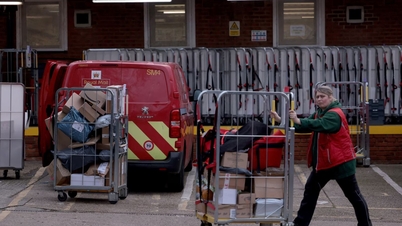

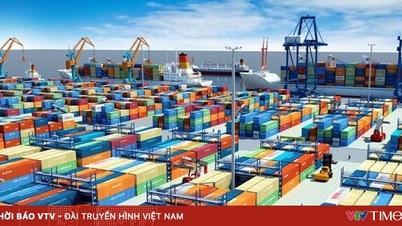

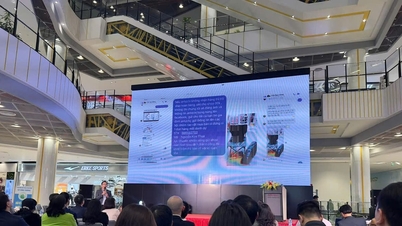



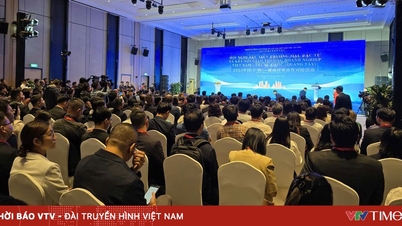



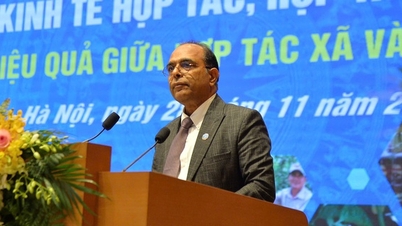
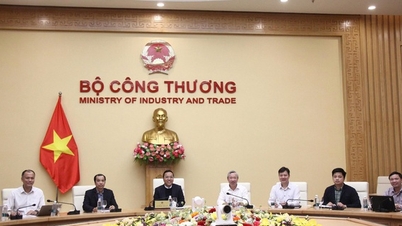
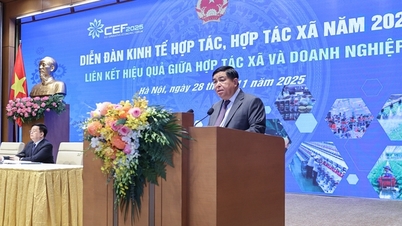
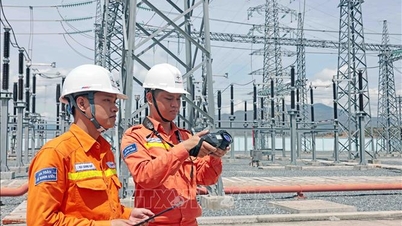
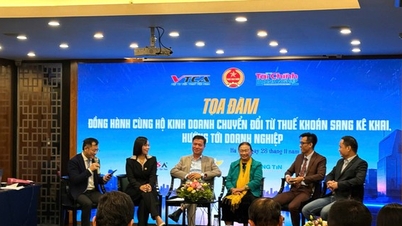






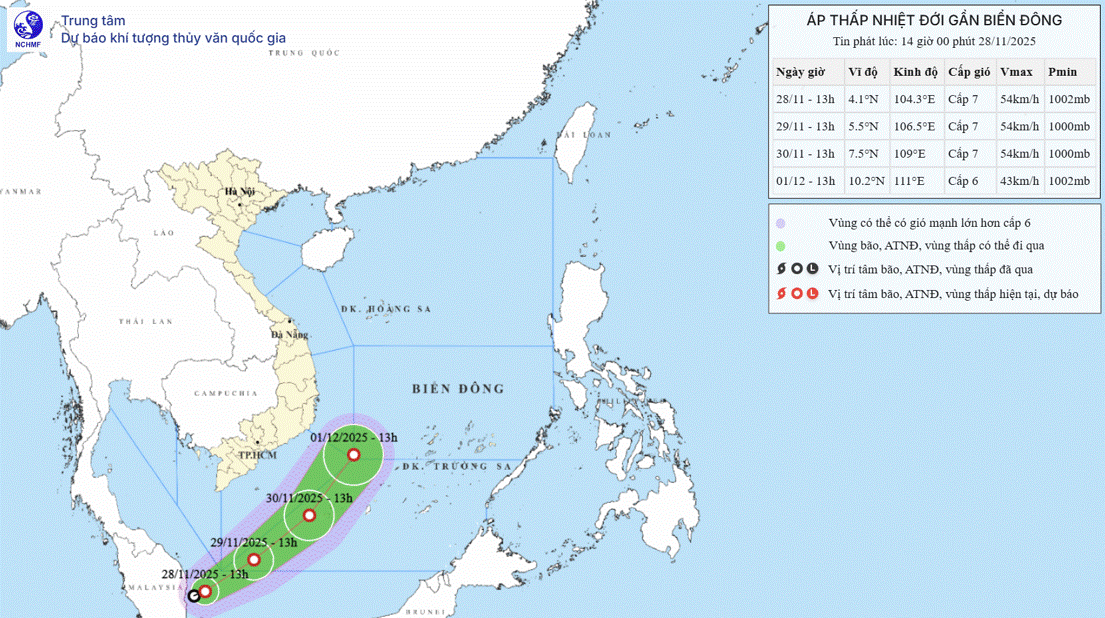
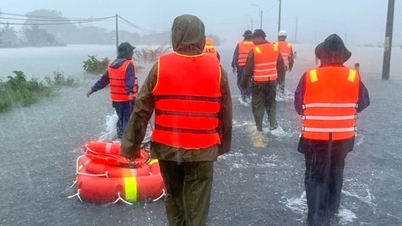

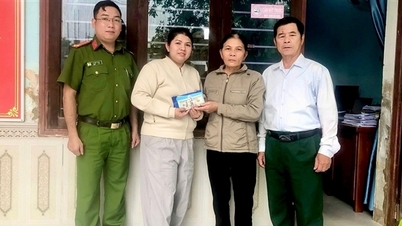










































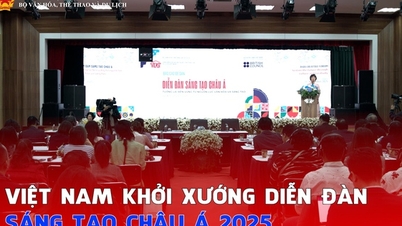
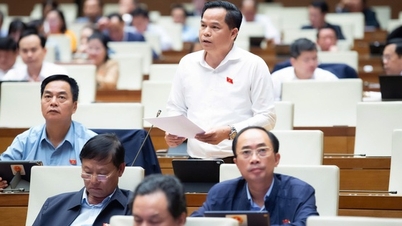
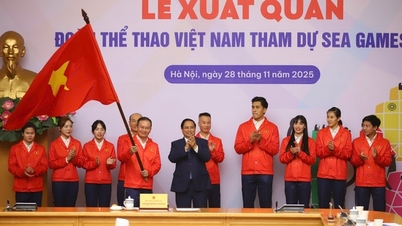
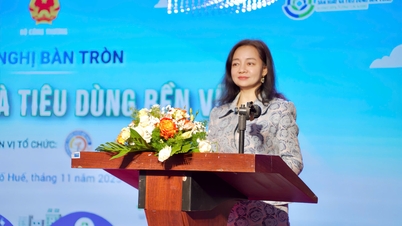


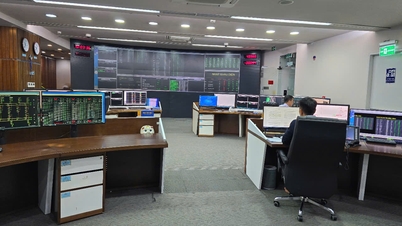
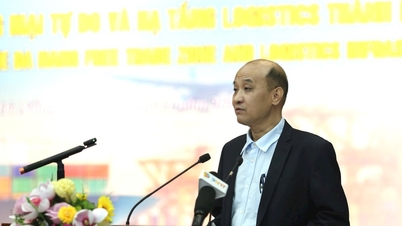


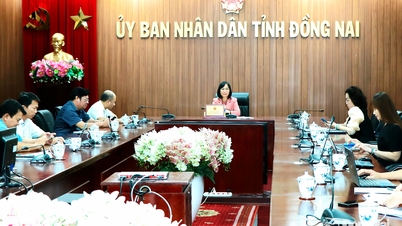
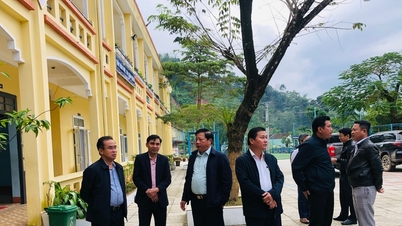
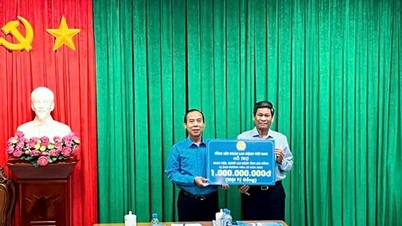















Comment (0)